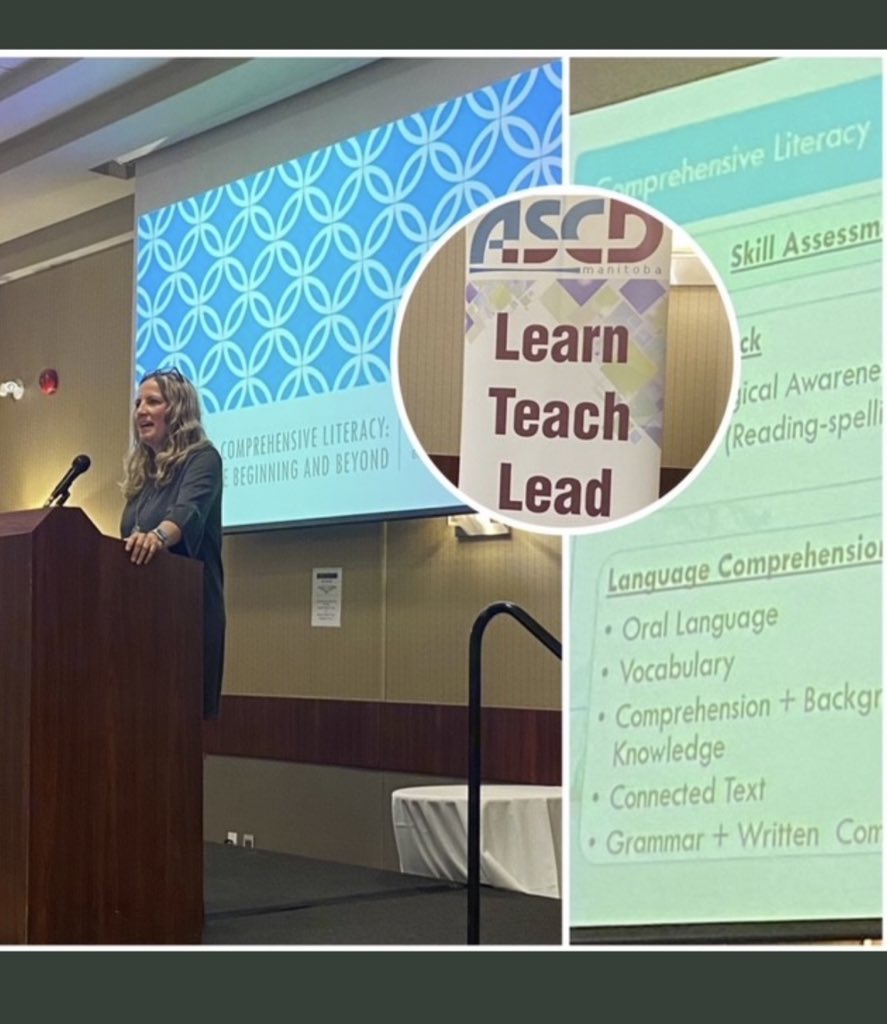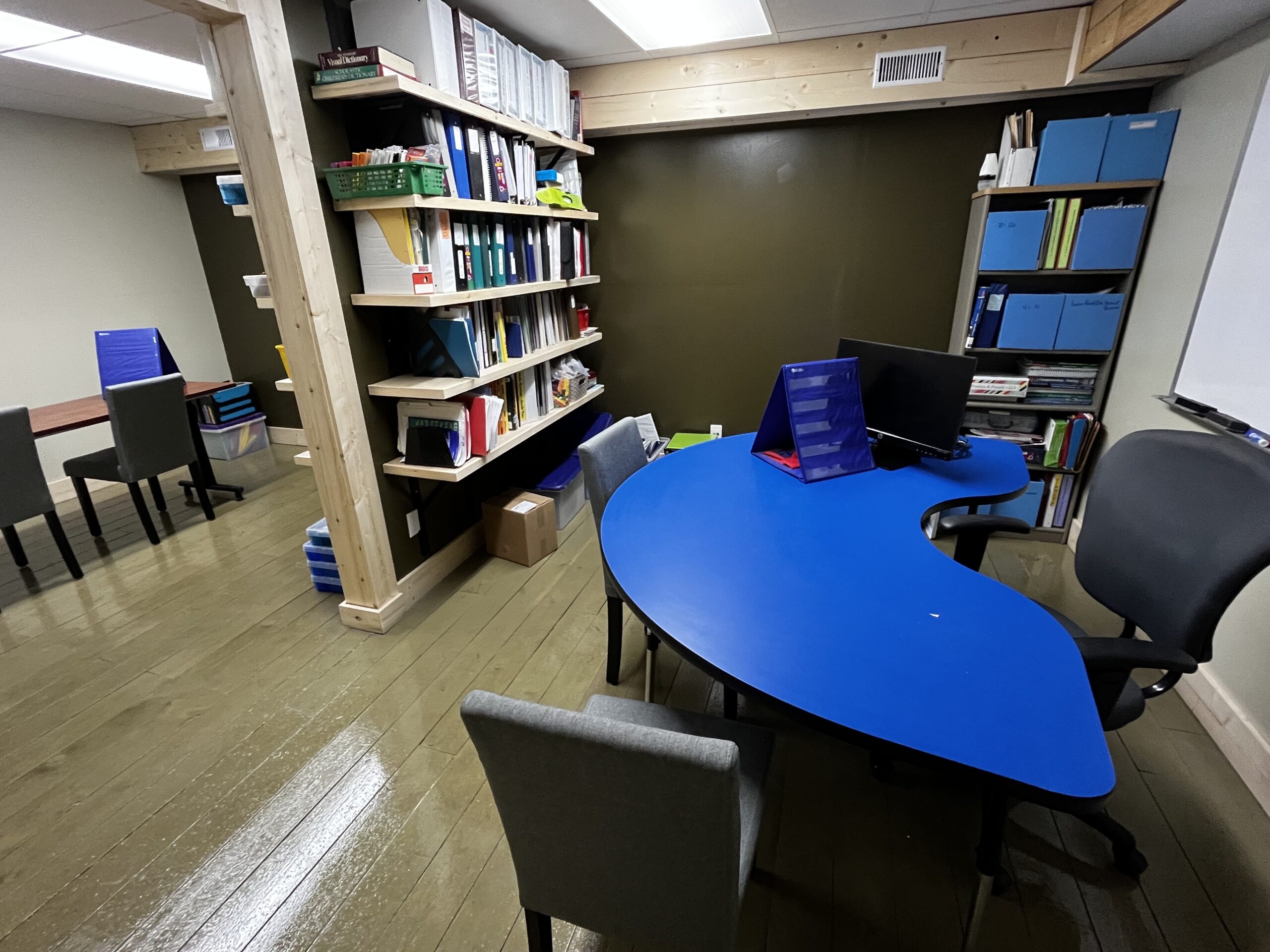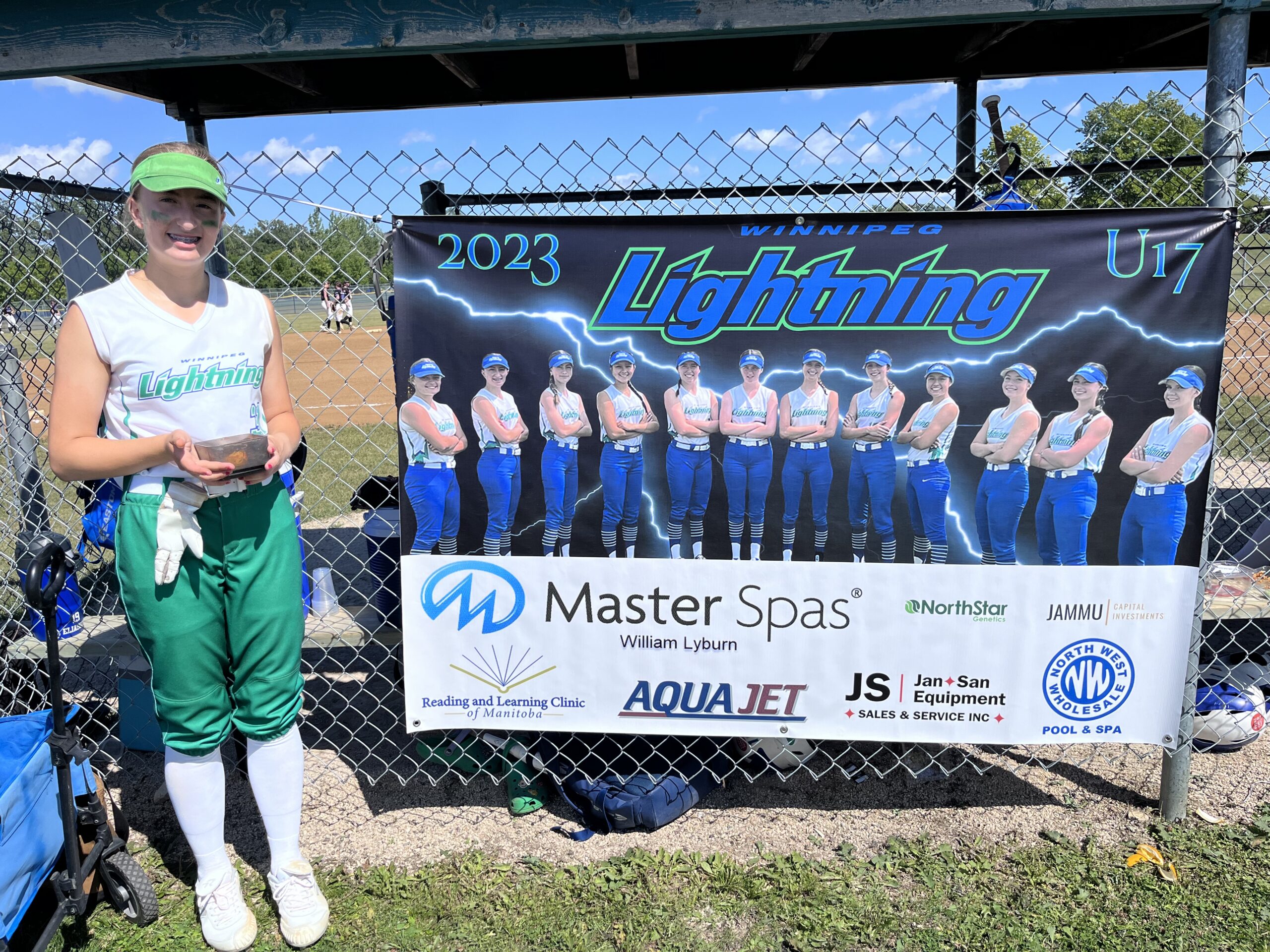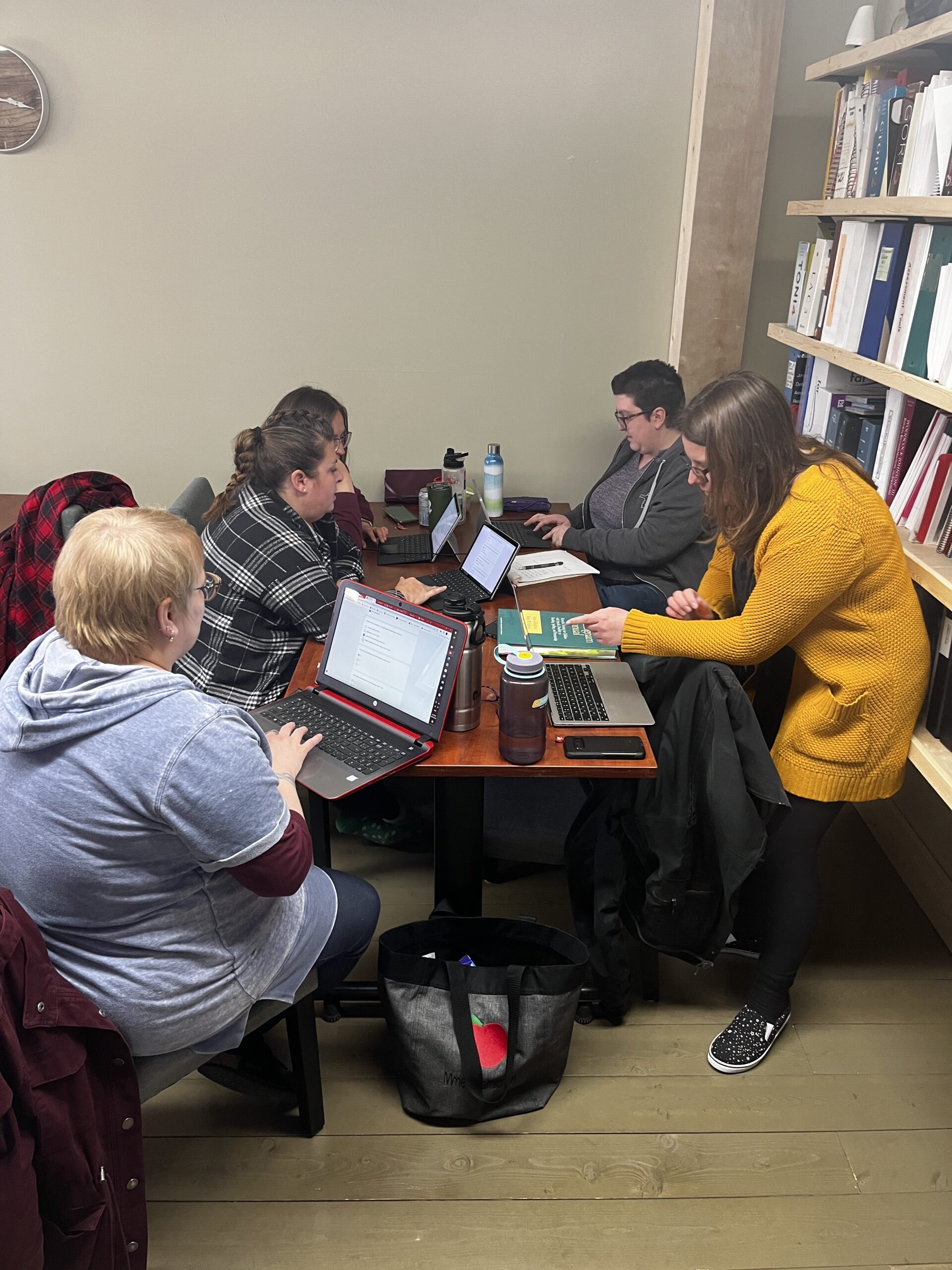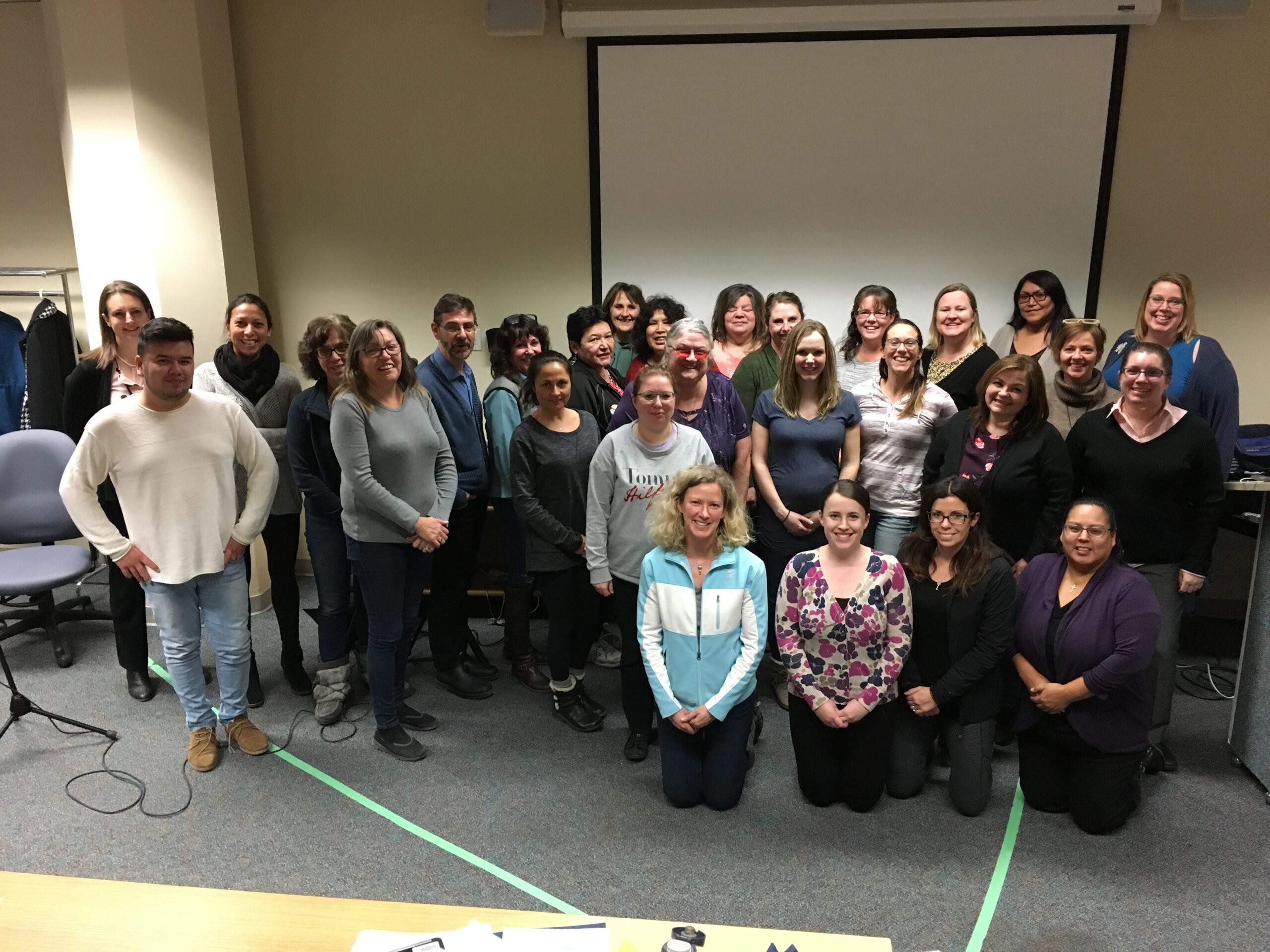Resources
Free Advocacy and Support Services
Dyslexia Canada
Dyslexia Canada is a national organization of which I am proud to be a current board of directors member. Dyslexia Canada is a not-for-profit corporation dedicated to a change for children with dyslexia in Canada. Our mission is to establish legislation in each Canadian province, specific to recognizing and remediating dyslexia in our public schools. We will achieve this in partnership with others including, The Ontario Branch of The International Dyslexia Association (OBIDA) and Decoding Dyslexia. Together, we can ensure that all Canadian children with dyslexia can learn to read.
Ontario Branch of International Dyslexia Association
The Ontario Branch of the International Dyslexia Association (ONBIDA) is a non-profit charitable organization founded in 2004. The branch is operated by volunteers, providing information and support to individuals with dyslexia and their families, as well as teachers, and other professionals.
One of the free, online webinars:
By Valdine Bjornson
The presenter will outline the definition of dyslexia and dispel common myths. Information and resources to help families and schools to support students with dyslexia will also be provided. She will also share success stories about educators in Manitoba public schools who are using dyslexia-specific, structured literacy instruction training to help all learners in the classroom setting.
Presenter: Valdine Bjornson has earned an M.Ed., Special Education Certificate as well as C-TESL and a Graduate Certificate in International Education. Valdine is currently pursuing a Doctorate in Education focusing upon dyslexia. She is working on becoming an OG trainer (Fellow) with the Academy of Orton-Gillingham Practitioners and Educators and is certified by the International Dyslexia Association as a Tier 3 Dyslexia Specialist. She has worked in several Manitoba school divisions in both rural and urban settings. She has served as a Reading Clinician-Specialist at university, in public schools, and private practice. Valdine provides workshops, training, and professional development, and she has founded the Reading and Learning Clinic of Manitoba, to provide effective and evidence-based teacher development opportunities in Manitoba.
Bright Solutions for Dyslexia
Susan Barton is recognized internationally as an expert in dyslexia. She is in the Hall of Honor at the headquarters of the International Dyslexia Association.
Her goal is to help parents, teachers, and others understand dyslexia—so they can provide the right type of help.
Decoding Dyslexia
Mission:
- To raise dyslexia awareness;
- To empower families to support their children who are dyslexic; and,
- To communicate evidence-based practices regarding:
- Identification
- Remediation; and
- Support for students with dyslexia
Dyslexia Champions of Manitoba
Please check out the Dyslexia Champions of Manitoba, a group I am proud to have been part of, which Christine van de Vijsel has co-founded.
Christine van de Vijsel has played a pivotal role in my professional journey. She has been an incredible source of knowledge and encouragement.
I would like to pay homage and acknowledge her as a formidable force and advocate for the success of all Manitoba students and especially those with dyslexia. I will be forever grateful to her for her continuous support and guidance.
Variety - The Children’s Charity Special Needs Program
Variety’s Special Needs Program provides support to children and their families by covering costs related to specialized equipment, supplies, and services not covered by any other source.
To apply complete the application linked below:
Download the Special Needs Individual Grant Application
From hearing aids and sport wheelchairs, to assistive communication devices, specialized strollers, speech therapy, physiotherapy and more. This program helps children of all abilities reach their potential.
Manitoba Teachers for Students with Learning Disabilities
Please click here for more information.
Purpose of MTSLD
We are a special area group of educators and professionals who are committed to building awareness and capacity for Manitoba teachers who work with students with Specific Learning Disabilities. We will provide opportunities to network, advocate, and build community to celebrate our SLD learners. We will also strive to showcase impactful local projects and initiatives that are utilizing best practices for SLD learners. We will partner with specialists in the field of SLD to provide targeted professional development promoting instruction that is essential for some, but beneficial for all.
Paid Services
RLCC Presentations and PD sessions provided half day or full day options
EA training- Structured Literacy
Dyslexia Workshop
Introduction to Structured Literacy/Orton-Gillingham
Orton-Gillingham overview
Orton-Gillingham refresher following accredited training with RLCM
Half Day – 400$ (9-12 or 12:30-3:30)
Full Day – 800$ (9-3:30)
Please contact for details – [email protected]
Curve Learning
Curve offers assistive technology consultation, training, and learning strategies for students with disabilities (primarily learning disabilities and ADD/ADHD). This is not a remediation service, but training with technology that will help work around whatever barriers you face as a result of your diagnosis. This will include programs such as Kurzweil 3000, Claro Read, Dragon Naturally Speaking and other text to speech and speech recognition software.
Brematson Disability Advocates
Tax Information and Financial Assistance
Tax Tips - from Dyslexia Canada
Disability Tax Credit: Are Learning Disabilities such as Dyslexia Eligible?
One of the complexities that families must navigate when supporting children with dyslexia, is the financial cost. It is not uncommon for expenses to reach over $10,000 per year when assessments, tutoring, technology are all considered.
Medical expenses
Eligible medical expenses can be claimed on your taxes as non-refundable tax credits. These are used to reduce the amount of tax payable. We have provided a brief description of some of the more common medical expenses you may be eligible to claim such as tutoring costs, reading services, software and devices.
View the CRA list of medical expenses
Tutoring Costs
Providing certain conditions are met, tutoring costs can be claimed as a medical expense on your taxes. To claim tutoring fees you will need a written letter from a medical practitioner to certify that the service is required. You will also need to keep a copy of expense receipts.
Published by the CRA in 2018, Back to School Tax Tips for Parents, provides a good summary of tax tips and related links, about children and income taxes.
You will see that the bulletin talks about tutoring expenses and what line of the tax return to claim it on.
Reading Services
Reading services used by a person with a severe learning disability may be an eligible expense. Similar to tutoring costs, a written letter from a medical practitioner is required.
Acceptable medical professionals include psychologists, speech pathologists, audiologists, etc.
Devices or Software
You may be able to claim the cost of software such as text to speech software, or devices such as scanning pens or laptops. The device must be used by a person with a disability to read print. Devices must be prescribed by a professional.
Disability Tax Credit - from Dyslexia Canada
Disability Tax Credit: Are Learning Disabilities such as Dyslexia Eligible?
The Disability Tax Credit (DTC) provides a tax break for adults with a disability, and for caregivers who look after somebody with a disability. The DTC can be claimed retroactively for the last 10 years.
A learning disability such as dyslexia may be eligible for the DTC. To qualify for the DTC, the individual must have a disability that markedly restricts them, all or almost all of the time, in one or more of the basic activities of daily living, as set out on Form T2201. The application must be completed by a medical professional and must provide detailed information on how the disability restricts daily living.
Applicants should be aware, that a significant number of applications based on dyslexia as a disability have not been successful. We at Dyslexia Canada are working with other organizations to understand the reasoning and to ensure that parents and medical practitioners understand what information should be presented on the initial application.
It is very important to know that academic achievement is not relevant. For example, indicating that a student in grade 8 is reading at a grade 3 level, will not satisfy the requirements. What must be demonstrated instead is that there is difficulty with daily activities such as reading street signs, understanding written instructions, reading pill bottles, following directions, reading a recipe, etc.
Review the DTC eligibility criteria
Registered Disability Savings Plan - from Dyslexia Canada
Being approved for the DTC is the only requirement to open a Registered Disability Savings Plan (RDSP). This long-term savings plan allows the person with the disability to receive up to $90,000 in grants and bonds over the course of their lifetime. They are also able to save up to $200,000 in this account.
Any money that is deposited into and withdrawn from the RDSP is exempt from being qualified as income. This means that people living with disabilities can save for their future without having to stop receiving provincial and federal disability benefits, including income assistance.
Grants and Financial Assistance - from Dyslexia Canada
Scholarship or grant programs available to Canadians are limited. Please check out the Dyslexia Canada website for more information.
Post secondary Education Grants
Education funding for people with disabilities
Includes links to services, benefits and programs to assist people with disabilities and their families. Please click here for more information. https://www.canada.ca/en/services/benefits/education/student-aid/grants-loans/disabilities.html
Adult Support
Canadian Literacy and Learning Network (CLLN)
Canadian Literacy and Learning Network (CLLN) is a national non-profit organization representing literacy coalitions, organizations, and individuals from every province and territory. Their mission is to be a national voice for literacy for every Canadian through networking, research, government liaison, learner development, communication, collaboration and building the capacity to support the people and organizations involved with adult literacy education.
ABC Life Literacy Canada
ABC Life Literacy Canada is a non-profit organization that aims to strengthen organizations that promote adult learning. We develop and support the use of high-quality introductory learning materials and resources written in clear language. We envision a Canada where everyone has the tools and opportunities they need to improve their literacy and essential skills.
Plain English News
Provides current events in plain English.
Employability Assistance for People with Disabilities
Employability Assistance for People with Disabilities (EAPD) offers a wide range of employment focused services to assist adults with disabilities in preparing for, obtaining and maintaining employment.
Eligibility
To be eligible for EAPD, a person must be:
-
a resident of Manitoba with an intellectual, psychiatric, learning or physical disability;
-
16 years of age or older;
-
legally entitled to work in Manitoba on a permanent basis and show a willingness to prepare for, obtain and maintain employment.
Applications for services must include proof of a qualifying disability diagnosed or assessed by an appropriate professional.
For more information: https://www.gov.mb.ca/wd/ites/vrmanual/index.html
Red River College Writing Course
Please check out RRC Writing Development courses.
Free Online Courses for Adults
Adults seeking English courses online will find many no-cost options. Read on to learn about the classes available for different types of learners, and where to find these courses.

